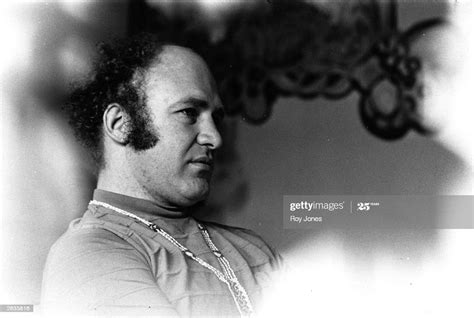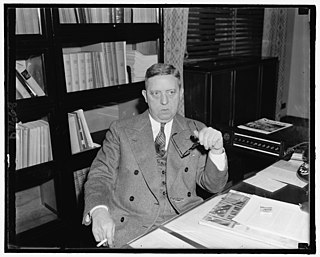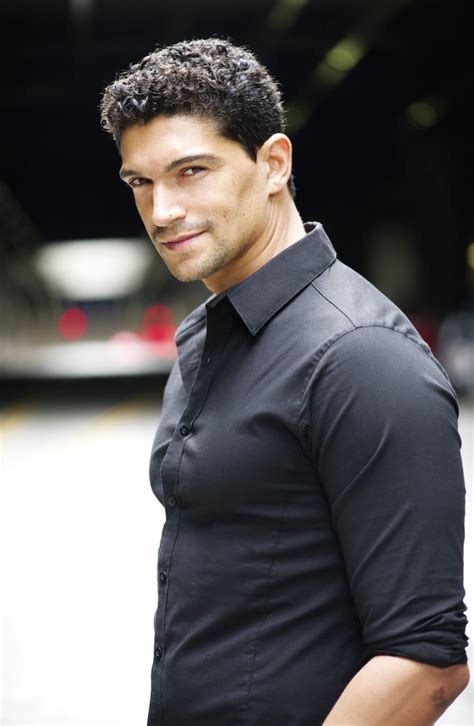A Quote by Roy Kesey
What I like about organizing things that way is that each story gets nearly full reign over its own space, but all of them are hung on a single string - the loosely-reined voice mentioned above. Thus the collection jogs away from suzerainty and past federation toward, I guess, alliance. Or maybe call each story a separate house on a single street? Or it's all a line of dive bars on some wharf front? What the hell, let's call reading the collection a pub crawl, but with words.
Quote Topics
About
Above
Alliance
Away
Bars
Call
Collection
Crawl
Dive
Each
Federation
Front
Full
Gets
Guess
Hell
House
Hung
Like
Line
Loosely
Maybe
Mentioned
Nearly
Organizing
Organizing Things
Over
Over It
Own
Past
Pub
Reading
Reign
Separate
Single
Some
Space
Story
Street
String
Them
Things
Thus
Toward
Voice
Way
Words
Related Quotes
Usually at the end of each story we're thrown clear out of the story's world and then we're given a new world to enter. What's unique about a linked collection is that it can deliver both sets of narrative pleasures - the novel's long immersion into character-world and the story anthology's energetic (and mortal) brevity - the linked collection is unique in its ability to be both abrupt and longitudinal simultaneously.
Knowledge is not a series of self-consistent theories that converges toward an ideal view; it is rather an ever increasing ocean of mutually incompatible (and perhaps even incommensurable) alternatives, each single theory, each fairy tale, each myth that is part of the collection forcing the others into greater articulation and all of them contributing, via this process of competition, to the development of our consciousness.
If I'm working on a set of songs, and thinking about putting them together in a collection, I start to think about what they have in common. Either on purpose or without meaning to, I shape them all in the same kind of way, because I'd rather the album feel like a galaxy of things that all have to do with each other. I do that with sonic elements, too - it's a matter of each record having its own specific identity.
It's hard to tell if anyone's interested in reading a serialized story. But it's interesting to put in a cliffhanger each week. That was popular in old comic strips. They'd write a weekend story different from the daily strip. So people follow one story day to day, and a separate story on weekends. If you read them, you think "I'll read two more." Then you're like "I gotta find out!" And you read 500 more.
David Foster Wallace was a brilliant experimentalist who I deeply admire. His ability to do formalism helped me understand how to tackle stories like "Dictionary" and "Failed Revolution." "Dictionary," in particular, functions against narrative in many ways - each of the definitions are their own mini-story or prose poem, and the collection of them adds up to create a different effect than the traditional Freytagian Pyramid story.
One day I was living silently in a personal hell, without anyone to tell what I felt, without even knowing that the feelings I had were possible to have; and then one day I was not living like that at all. I had begun to see the past like this: there is a line; you can draw it yourself, or sometimes it gets drawn for you; either way, there it is, your past, a collection of people you used to be and things you used to do. Your past is the person you no longer are, the situations you are no longer in.
I started out as a poet who primarily wanted to write about image and moment. Over the years I've been trying to teach myself how to do plot and scene. My first story collection had the most issues with the plotlessness, and when I was writing my second collection I was teaching myself how to make things happen.
Words are alive--when I've found a story that I love, I read it again and again, like playing a favorite song over and over. Reading isn't passive--I enter the story with the characters, breathe their air, feel their frustrations, scream at them to stop when they're about to do something stupid, cry with them, laugh with them. Reading for me, is spending time with a friend. A book is a friend. You can never have too many.
I like to envision the creation of a short story collection as being like putting together a jazz album. Yes, there's logic and literary structures imposed by me, but at the same time, all the tracks are shaped and ordered in a much more improvisational manner. The guiding principle for me is whether or not a story adds a layer or texture to the overall collection.
Two kinds of reading can be distinguished. I call them reading like a reader and reading like a writer ... when you read like a reader, you identify with the characters in the story. The story is what you learn about. When you read like a writer, you identify with the author and learn about writing.


































